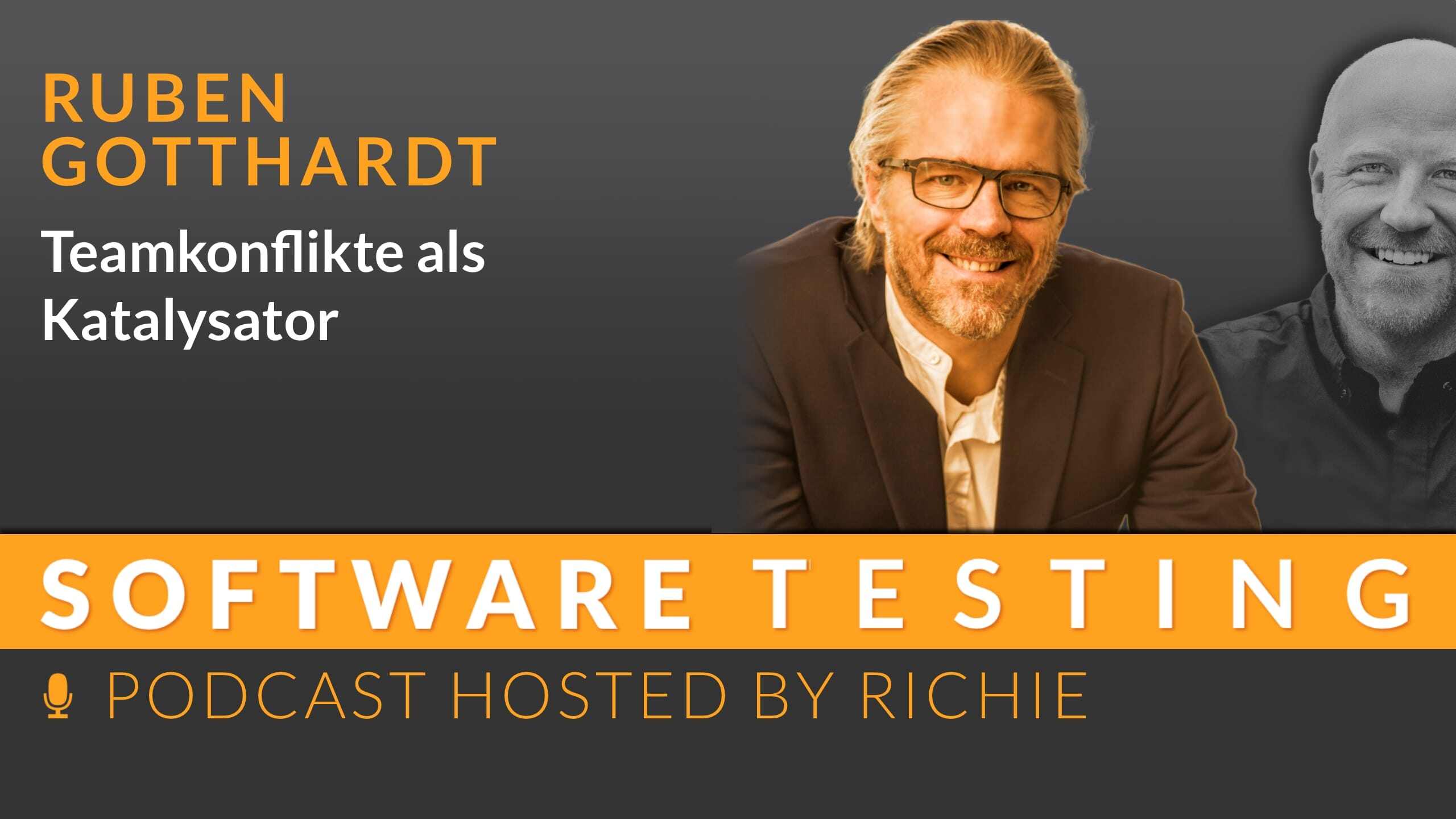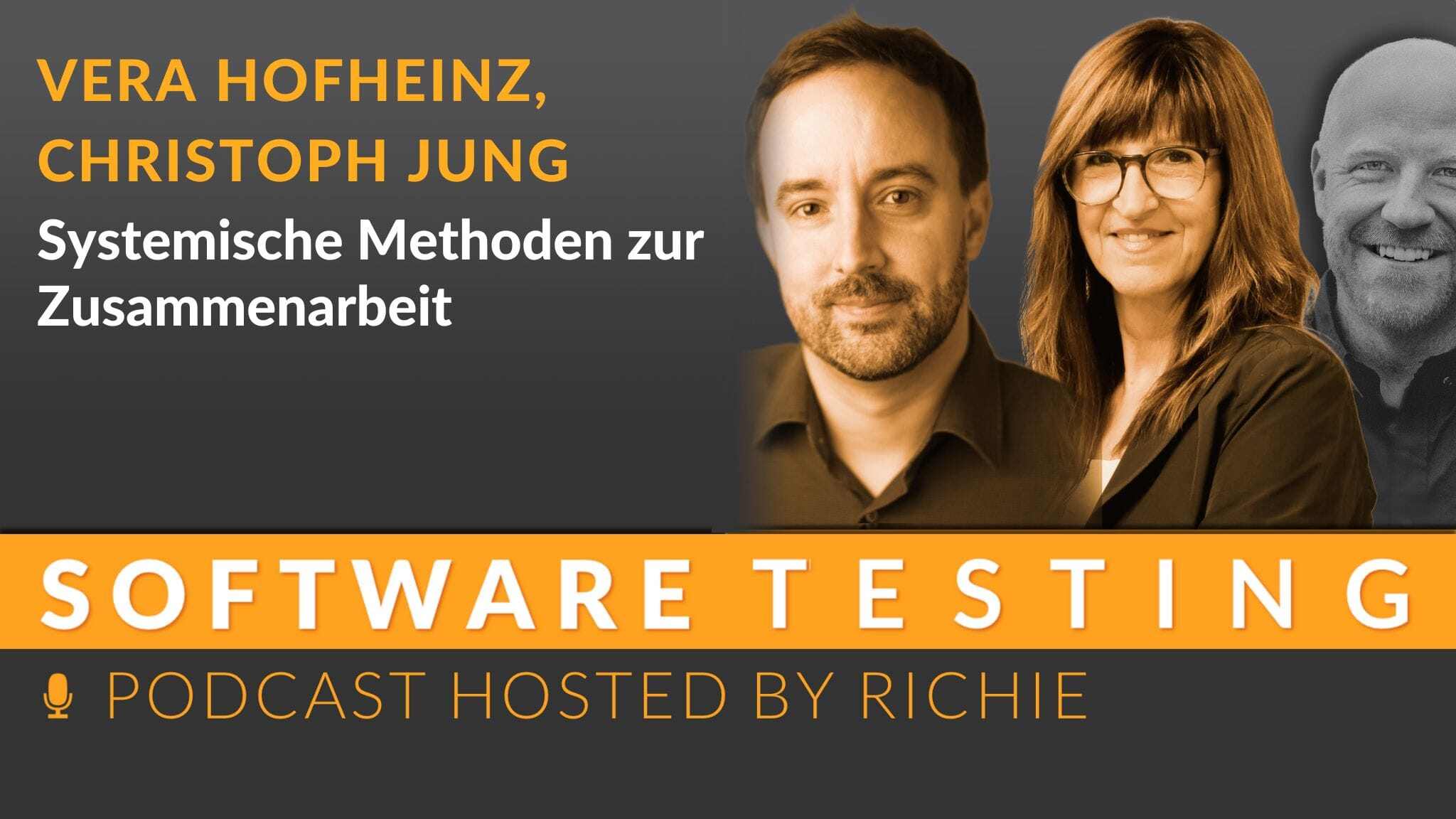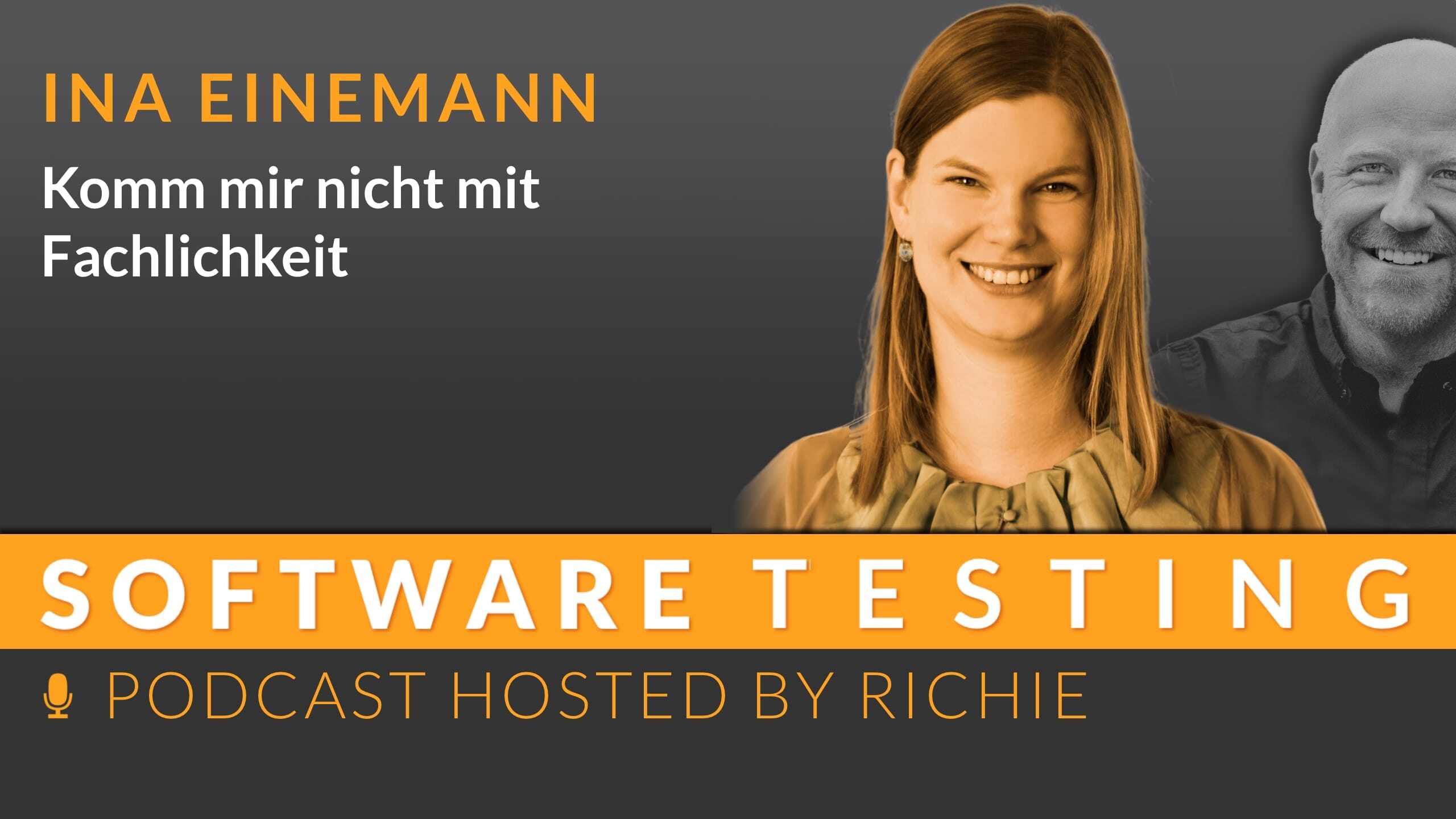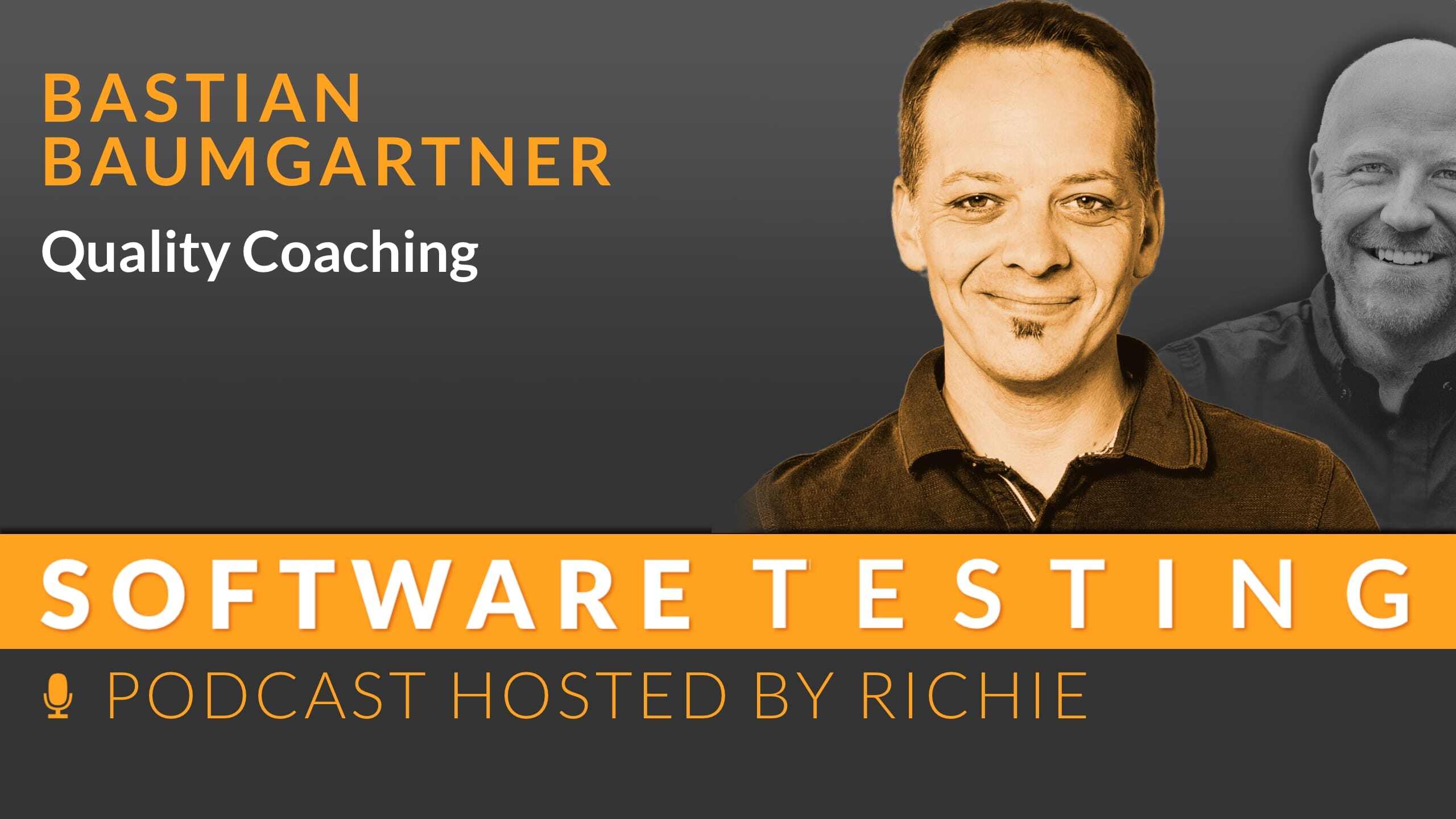Systemic Methods for Collaboration
How can systemic approaches in consulting and coaching transform teams and companies? Vera Hofheinz and Christoph Jung explain the importance of...

There is no life without conflict. Because it is only through conflict that the need to develop is created. This means behaving differently than before. After all, why should I develop new behavior if everything is soft and fluffy? And so interpersonal conflicts are also initially an opportunity, a chance to develop. But they can also escalate, and the climax of the escalation is a small war in which people can cause each other real harm. However, there are methods and approaches that can prevent this escalation, because most people want to work together in a team to move forward.
“This is a moment when there is a temporary retreat, so the parties stop talking to each other and look for allies. Coalitions. Until that moment, I can still resolve this conflict internally” - Ruben Gotthardt
Ruben Gotthardt is an experienced executive coach and process facilitator who specializes in supporting start-up entrepreneurs and executives with a focus on team performance improvement. He founded his company “RG Coaching und Prozessbegleitung” in 2021, with a focus on conflict resolution and development strategies in organizations. Since 2010, he has been working as a consultant in strategic projects of large logistics networks and has accompanied over 500 people in their development processes.
Highlights of this episode:
Today we are looking at how team conflicts can be used as a catalyst for positive change by recognizing and transforming the energy tied up in such conflicts. With practical tips and personal stories, we will show how to address and resolve conflicts effectively.
Today I had the pleasure of welcoming Ruben Gotthardt, an experienced coach and facilitator for teams, and having in-depth conversations with him. In a world where conflict is often seen as negative, Ruben opens our eyes to the unseen potential that lies within these challenges. Conflict can actually serve as a catalyst for growth and positive change.
In conversation with Ruben, it quickly became clear that conflicts are omnipresent - whether in our professional or private lives. But instead of seeing them as a mere disruption, we should start to see them as a source of energy. Ruben shares with us the insight that every conflict holds an opportunity for development. Using an iceberg model, he illustrates that the real problem is often hidden beneath the surface - an aspect that needs to be explored. Recognizing conflict as a normal part of human interaction is the first step to unlocking its potential.
Ruben takes us through the different stages of conflict escalation - from simple disagreements to serious power struggles. Each stage offers different approaches to resolving and utilizing the potential inherent in conflict. By learning to properly assess and address conflicts, we can prevent them from getting out of control. Of particular interest is the idea that up to a certain level of escalation, internal resolution is possible and beyond that external help is needed.
A key insight from Ruben’s experience is the importance of self-reflection when dealing with conflict. Whether as a leader or a team member, the ability to self-observe and analyze is essential. By understanding our own role within the conflict, we can act more effectively and find solutions. Ruben’s story about sibling jealousy is an impressive illustration of how personal insights can help resolve conflicts.
Ruben’s advice ranges from using first-person messages and addressing problems directly to demonstrating empathy and vulnerability. These strategies allow us to get to the heart of the problem without straining relationships. By fostering a culture of open communication and being willing to admit our own mistakes, we create an atmosphere of trust and collaboration.
Setting common goals can help to transform the energy tied up in conflicts and harness it in a constructive way. As managers, we have the opportunity - and responsibility - to guide our teams through these processes and support them on their path to success.

How can systemic approaches in consulting and coaching transform teams and companies? Vera Hofheinz and Christoph Jung explain the importance of...

Professionalism is a term that initially draws boundaries. In Ina’s opinion, this is also the contradiction in Scrum: on the one hand, it talks about...

Quality coaching is very different from consulting and offers unique benefits for teams. Bastian Baumgartner explains how quality coaching can help...